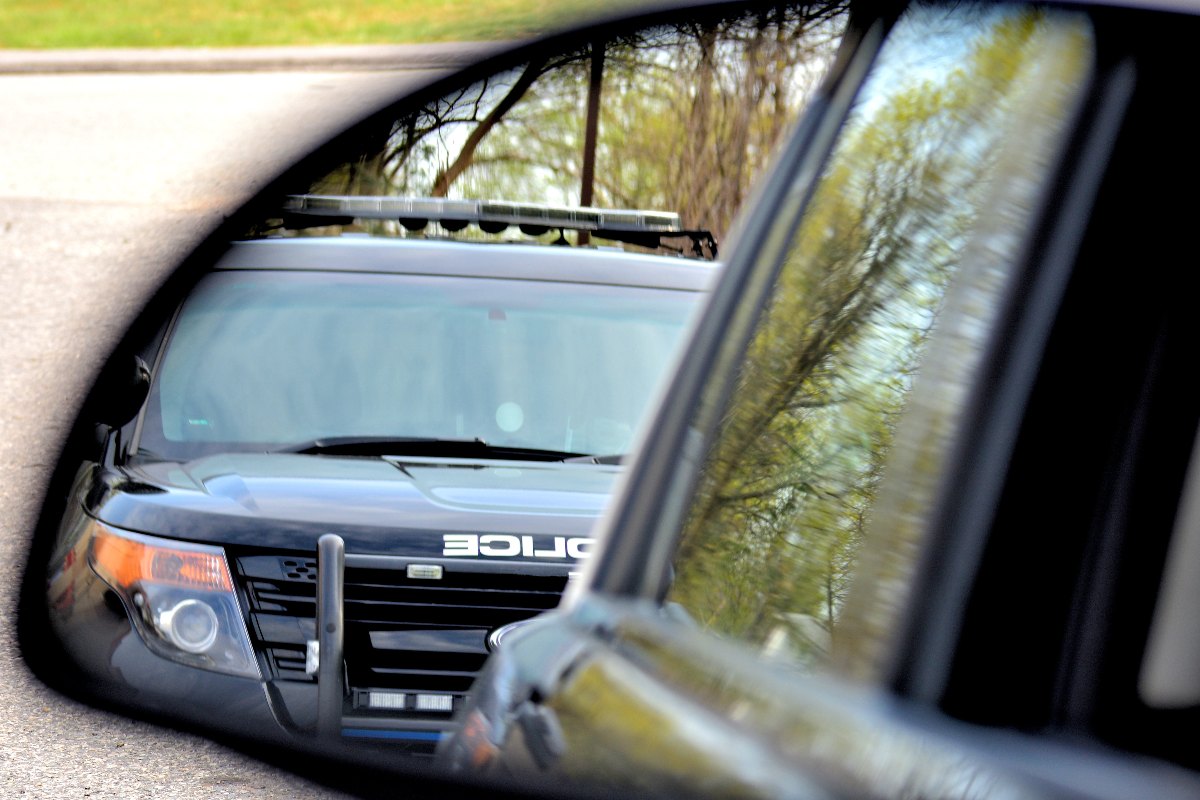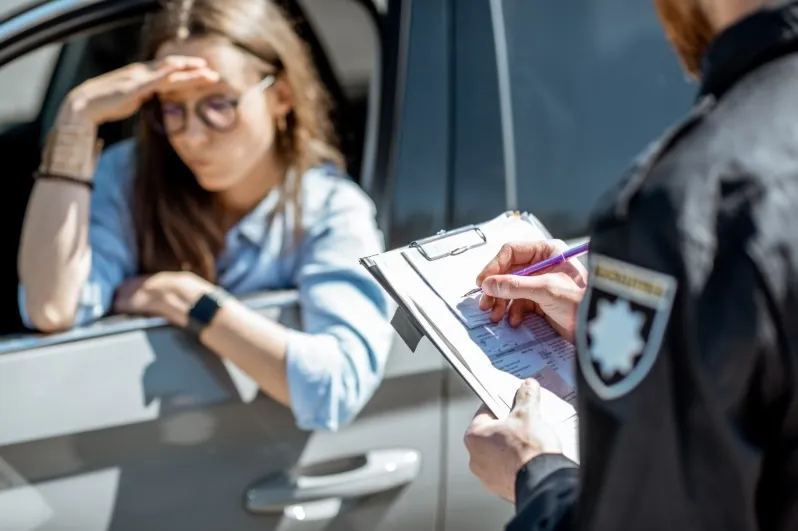How Do Bond Hearings Work in General Sessions Court Lancaster County, SC?
When a loved one is arrested, the first thought is getting them out of jail. Every person is entitled to a bond hearing. However, bonds can be set unreasonably high or denied altogether.
In Lancaster and Indian Land, SC, our bond hearing attorneys are highly experienced. At Barboza Law, we will fight to protect your right to a reasonable bond so you can go home to your family.
What is General Sessions Court?
In South Carolina, the courts are divided into two divisions. The Common Pleas Court handles civil matters. The General Sessions Court handles criminal matters. Criminal cases include felonies and misdemeanors.
Under General Sessions, a person may face any number of minor and severe penalties, including small fines, time in prison, or even the death penalty.
How Do Bond Hearings Work in General Sessions Court in Lancaster County, SC?
After a person is arrested, a bond hearing will be held by the Magistrate Judge. If Bond is denied by the Magistrate Judge, you are still eligible for a bond hearing in General Sessions Court. By law, a person must be given a bond hearing within 24 hours of their arrest.
However, exceptions are made for more serious offenses. If a person is charged with a crime that is punishable by life in prison or death, a circuit court judge must oversee the hearing.
Defendants are not guaranteed bond. Rather, a judge will preside over the hearing and determine whether a person held in custody may be released on bond. A judge will consider the following factors:
- The circumstances and violence of the crime
- Whether the defendant is a danger to the community
- If the defendant is a flight risk
- Whether or not the defendant is linked to the community by family ties, residency, or occupation
- Whether the defendant has a prior criminal record
- If the defendant has any nonappearances at other court proceedings
- The state of the defendant’s mental health
- Whether the defendant has a history of alcohol or substance abuse
The judge will also use the above information to determine the amount and conditions of the bond. It is important to know bond can be denied. However, having a Lancaster criminal defense attorney by your side can make the difference between spending several weeks/months in jail or going home.
What Types of Bonds Are Offered in Indian Land, SC?
There are a few different types of bonds a person may be granted in South Carolina, including:
- Cash bonds: Cash bonds must be paid in full by the defendant before release.
- Personal recognizance bonds: Under a personal recognizance bond, the defendant is released without having to pay the court. Instead, the court trusts the defendant to return without a monetary motivation.
- Surety bond: If a surety bond is issued, the defendant must have a bondsman pay their fee before they can be released from custody
After an arrest, people can be overwhelmed. However, it is crucial to obtain experienced representation as soon as possible. Your attorney will fight for your right to an affordable bond.
Are Bond Rules Different for DUI Arrests in Lancaster and Indian Land, SC?
DUI offenses present an exception to the bond rule. For example, if a person is charged with their first DUI violation, bond cannot be denied. In addition, the judge may not order a bond amount greater than the maximum fine.
However, if a person is charged with their second or third offense or has been charged with a felony DUI, they are subject to the rules of a normal bond hearing.
How a Bond Hearing Lawyer in Lancaster, South Carolina, Can Help
At Barboza Law, we understand how overwhelming an arrest can be. In many cases, defendants may be facing multiple charges of varying degrees, further complicating the bond hearing process.
Having a bond hearing attorney by your side will protect your rights and represent your best interests. Our criminal defense team has years of experience helping people facing serious charges.
If you or a loved one have been arrested, please call (803) 973-6003 to schedule a consultation and get the help you need.


